
Abortion to Abolition
Reproductive Health and Justice in Canada
This illustrated, accessible book will tell the empowering stories behind the struggles for reproductive justice, celebrating past wins and revealing an abolitionist path forward.
About the book
The history of abortion decriminalization and critical advocacy efforts to improve access in Canada deserve to be better known. Ordinary people persevered to make Canada the most progressive country in the world with respect to abortion care. But while abortion access is poorly understood, so too are the persistent threats to reproductive justice in this country: sexual violence, gun violence, homophobia and transphobia, criminalization of sex work, reproductive oppression of Indigenous women and girls, privatization of fertility health services, and the racism and colonialism of policing and the prison system. This beautifully illustrated book tells the empowering true stories behind the struggles for reproductive justice in Canada, celebrating past wins and revealing how prison abolitionism is key to the path forward.
Activism & Social Movements Crime & Law Feminism, Gender & Sexuality Health & Illness
What people are saying
Dr. Catherine Bryan, Dalhousie University“This critical reading offers insight into Canadian histories of reproductive health access and the manifold violence of Canada’s carceral system, while communicating the vital hope embedded in politics and action at the intersection of reproductive justice and abolition.”
Meenakshi Mannoe, Vancouver Prison Justice Day Committee, Pivot Legal Society“In Abortion to Abolition, Martha Paynter unflinchingly names the carceral state as the foremost threat to reproductive justice in so-called Canada. Paynter takes great care to expose prisoners’ experiences of carceral maternity, demonstrating that incarceration (particularly of Indigenous women) enables the continued separation of parents from their children, a fundamental design element in any colonial project. After decades of frontline nursing and advocacy, Paynter deftly illuminates that fight for reproductive justice doesn’t end with abortion access and must include the fight to abolish the violence of prisons.”
Emilie Coyle, Executive Director CAEFS“This book sews together all of the various threads of reproductive justice work in the medical professions, academia, and advocacy into one comprehensive and accessible collection. The stories that are told throughout remind us of our shared humanity and demonstrate clearly the impact that interlocking systems of oppression have on our society. This book is a comprehensive, powerful, and essential resource for all of us working toward liberation.”
Jury of the Nova Scotia Book Award: the Margaret and John Savage First Book Award (Nonfiction)“Abortion to Abolition by Martha Paynter is a powerful, passionate argument for respecting the autonomy of reproductive choice and centering the needs of mothers and children, even within the judicial and carceral systems. Paynter brings years of experience and an incredible depth of compassion to this account of the history and current state of reproductive politics in Canada; the fine balance of clearly expressed ideas and real people’s stories makes it highly readable, information-rich, timely, and hopeful. This book expanded this jury’s view of the world.
Contents
- Bodily Autonomy (Heidi Rathjen, Justice Claire L’Heureux-Dube, Synthia Kavanaugh, Terri-Jean Bedford and Santina Rao)
- To Not Have Children (Emily Stowe, Dorothea Palmer, Chantal Daigle, Clinic 554, iamkarats)
- To Have Children (Leilani Muir, Leia Picard (Swanberg), Kirsti Mathers McHenry)
- To Parent in Safety (Motherisk, Donna George Baby H, Fatuma Alyaan, Water Protectors)
- Parents in Prison (Emily Boyle, Renee Acoby, Lisa Whitford, Amanda Inglis, Julie Bilotta)
- Conclusion (Martha Paynter)




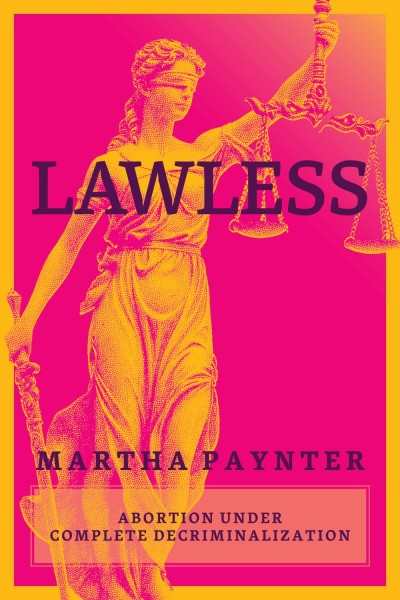



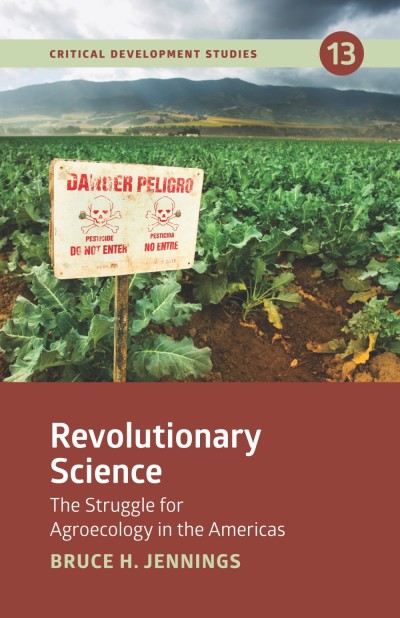
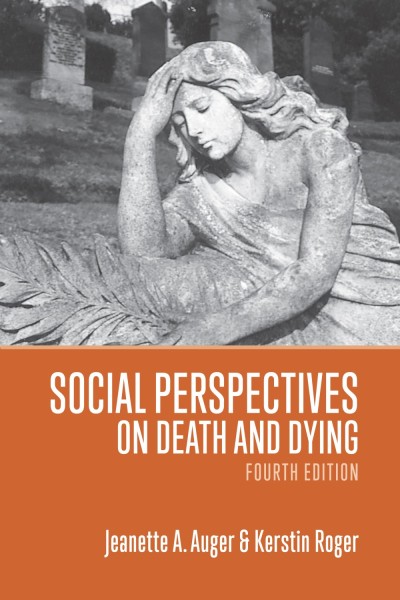



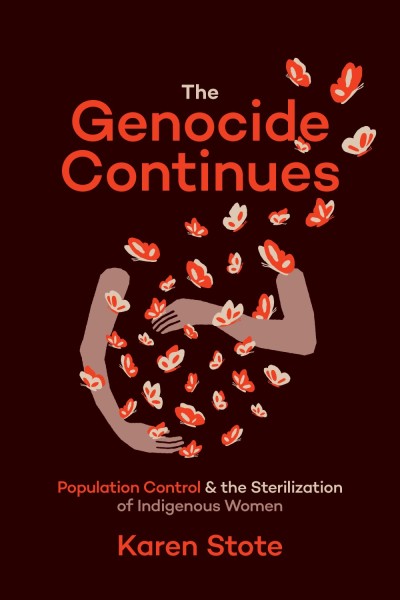
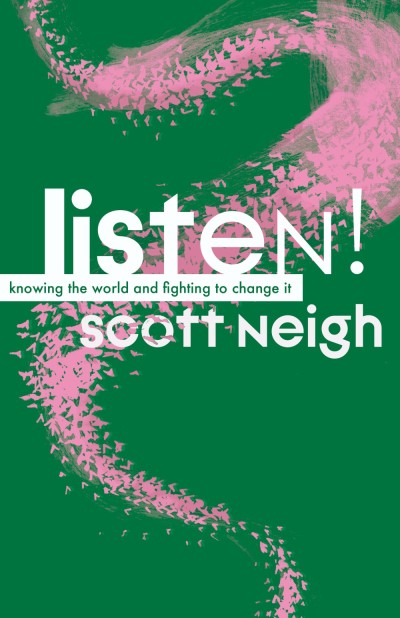
_cover-FINAL_400_600_90_s.jpg)